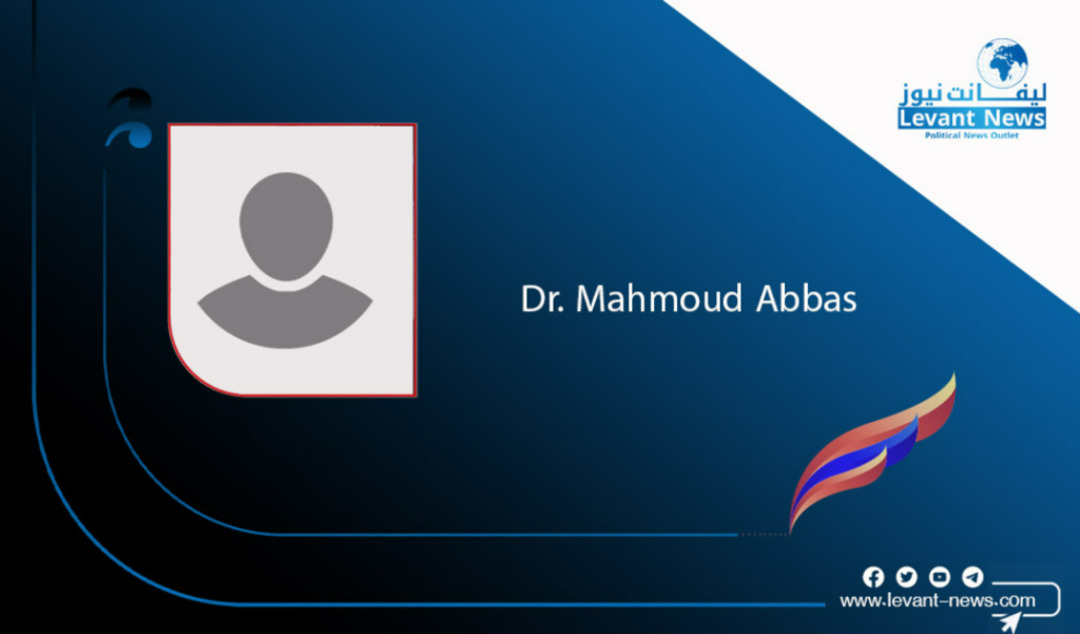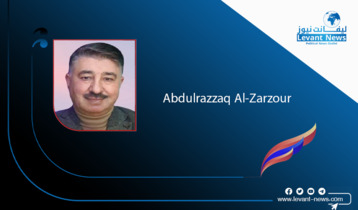-
When the Kurds are marginalized, the idea of Syria dies

The justification offered by Asaad Sheibani, the Minister of Foreign Affairs of the Syrian Interim Government, regarding the exclusion of Nowruz from the list of official holidays, appeared naïve in its surface but deceiving at its core. He tried to present it as an invitation for dialogue and participation in governance, while in reality, it conveyed a hidden message blaming the Kurds for "forgetting" due to their alleged distancing from dialogue. This pretext hides more than it reveals, paving the way for repeating the same neglect in the future, as if recognizing the rights of the Kurdish people is conditioned on political loyalty rather than citizenship and historic rights.
The political question here is: Does disagreement on the shape of Syria justify marginalizing the Kurdish issue? Is it plausible to write a constitution in a unilateral language that excludes the second-largest nationality in the country, under the pretext of their absence or silencing? Such reasoning returns us to the core of the Syrian problem—excluding others and justifying marginalization in the name of the current political moment.
Is it political naivety to forget the Kurdish people, who have ignited the conscience of the world through their struggle for decades, at a moment when the country's future is being redrawn? How can one ignore a rich national holiday like Nowruz, which has become a symbol of resistance and dignity for over half a century in the face of the corrupt regime, for whom blood and sacrifices were shed?
Can a new, distorted Syria be built while disagreements persist between the interim government and the Kurdish people, and even among other national components, regarding the form of the upcoming state? Today's events remind us of the approach of the Baathist regime itself, with one key difference: the old rejection was blatant and crude, while the new denial is cloaked in diplomatic rhetoric, but the substance remains the same—the elimination under a new guise.
The old Assad regime was not ashamed to openly declare that it did not recognize the Kurdish people, treating them as a national enemy rather than a national partner. The struggle was existential, not just political opposition. Today, it appears that the same mentality persists, despite changes in style and tone; the content is identical—the goal is the same: erasure in a new guise.
If the intentions of the interim government are truly sincere and patriotic, they must demonstrate this clearly to the Kurdish people, not through justifications, but through practical steps that restore lost confidence and bridge the widening gap of suspicion. The escalating media campaign against the Kurds, led by funded groups and ideological mercenaries—some linked to the regime itself, others affiliated with Hayat Tahrir al-Sham or within its orbit—can only be explained as a plan to demonize the Kurds and widen the rift between them and other Syrian components.
Asaad Sheibani must realize that credibility is the shortest path toward national reconciliation. Recognizing the rights of the Kurdish people cannot be conditioned on political or administrative disagreements. Having grown up in Qamishli and Hasakah, and with a mother from a well-known Kurdish resistance family, it is inconceivable for him to be ignorant of the symbolic meaning of Nowruz in Kurdish memory, just as President Ahmed al-Shir (Al-Shar’i) and the Kurdish minister from the wounded Afrin are well aware of Nowruz and the significance of an intentionally erased national holiday from the official consciousness—just as they know the Kurdish people and their cause, which has been absent from the constitution. Now, they are proposing to rewrite it again as a pressure tool.
Their excuses are flimsy, their credibility absent, and continuing this approach will only deepen the dialogue’s complications and increase distrust. Sheibani’s claim that demanding everything in dialogue results in losing everything applies more to them, as they seek to monopolize decision-making and representation and impose conditions instead of opening the door for genuine national dialogue with the SDF and the independent Kurdish movement.
If this course continues—whether driven by extremist ideological conviction or external pressures—it will not save Syria from destruction, but rather shorten the lifespan of the interim government itself, pushing the country back into conflict, chaos, and suspicion.
Syria is not built through exclusion or justification but through honesty, citizenship, and credibility—through transparent and frank recognition of the other, with a firm national conviction, of Western Kurdistan, including Afrin, as a federal region within a decentralized Syria. Such a Syria would be the firm foundation for building a just and balanced homeland that embraces all its components without exception.
Nowruz is not just a Kurdish holiday; it is a symbol of a possible Syria—Syria of freedom, pluralism, and dignity—a Syria that the constitution recognizes before it recognizes itself—a Syria that does not exclude anyone from its constitution, nor is it built on forgetting. Instead, it is founded on recognition of the other, justice, and genuine participation in shaping the future.
Dr. Mahmoud Abbas
You May Also Like
Popular Posts
Caricature
opinion
Report
ads
Newsletter
Subscribe to our mailing list to get the new updates!





















